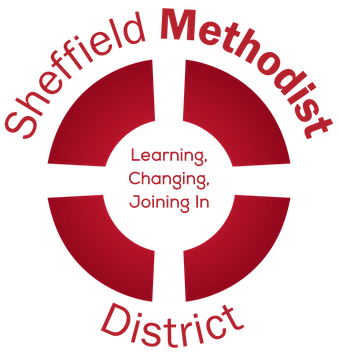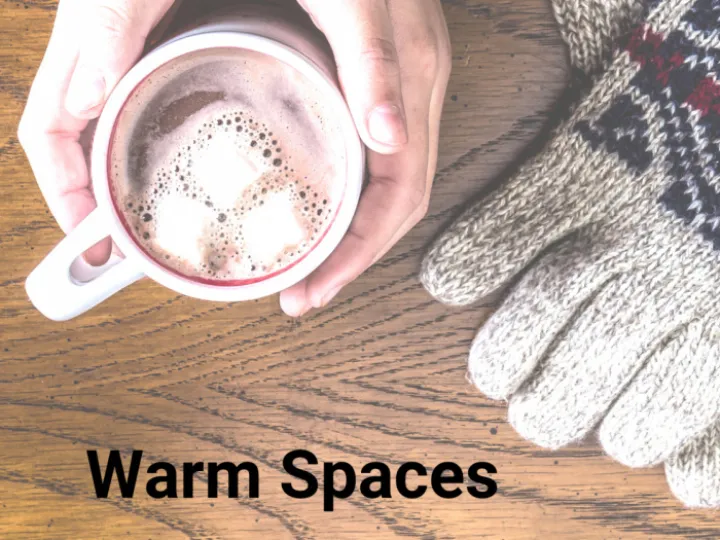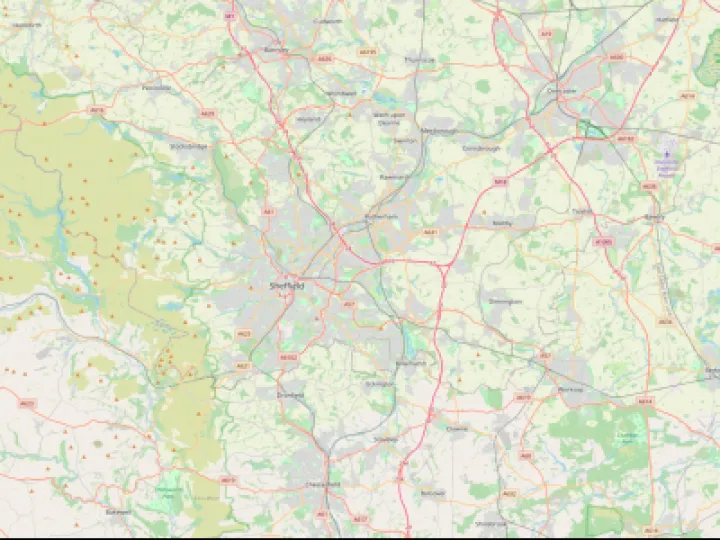Warm Spaces across Sheffield Methodist District
Warm Spaces across Sheffield Methodist District
“all are welcome in this place”
In response to growing concerns about the cost of living crisis and rocketing fuel prices, Sheffield Methodist District launched a Warm Spaces seed funding scheme in September 2022.
£500 grants were offered to new or adapted sessions happening at least weekly throughout the winter where people could spend time for free in a safe welcoming non-judgemental inclusive environment. They were expected to be extensively advertised, shaped by local needs and equipped to signpost people to sources of specialist support.
Download the evaluation document on this page for further analysis, quotes and learnings from the programme.
Warm Spaces in numbers
41 grants provided £20,500 of seed funding
19 of these were adaptations of existing provision
22 were new activities, of which 60% will continue in some form
70% had people from their warm space accept invitation to other activities/ groups
310 volunteer leaders ran our warm spaces
1,900 people attended our warm spaces, of whom
1,400 were not part of our worshipping congregations
600 had not previously engaged with our churches
Qualitative impact
For many people in the neighbourhoods where our churches are based, our warm spaces had a significant positive impact this winter. In some communities the essentials of warmth and free food were needed, with warm spaces part of a network of vital cost of living support alongside food banks, debt and benefit advice.
However what participants consistently appreciated was opportunity for unhurried conversation, meeting friends, and making new friends. Overall our warm spaces reported that those who attended felt welcome. Some travelled considerable distances to attend because of the quality of this hospitality. When initially launched, Warm Spaces was designed as a response to the cost of living crisis, but it became clear that the most common positive impact we were making was in response to a social isolation crisis.
Levels of attendance did vary significantly between Warm Spaces. Given that we did not know how people would cope with what turned out to be a relatively mild winter, the grant scheme and local churches rightly worked on the basis that it was better to offer something that might be necessary. Even in those warm spaces that will not continue, some new local partnerships have been formed and ideas for what the church can best provide instead have crystalised.
The majority of the new warm spaces will continue, some with adaptations to keep them sustainable such as meeting in winter only or targeting a particular segment of the population.
Wam Space lessons for local mission
Embedded Churches
Warm spaces were more likely to be targeted to real local needs, accepted as a safe place, and receive referrals, if the church is already closely integrated with its neighbourhood. This needs to be done pro-actively to build trusting relationships. Ideally it should be a shared enterprise amongst members of the church – to avoid needing to start afresh if a key member (or the minister) moves on.
Flexible Persistence
Many of our warm spaces that were new activities got off to a slow start, and so had to practise combination of keeping up efforts to advertise, whilst experimenting with changes to how they advertised and what they offered. We shouldn’t expect to get everything in a creative experiment perfect first time around.
Warm spaces also evolved what they offered in response to conversation with those who attended. This is important both for the specific knowledge gained, but also more broadly to soften service-provider power dynamics. Provision of hot food was a key reason for attending in most places where it was offered – but not in all cases.
Publicity
The most effective forms of publicity varied from place to place – another benefit of being embedded churches is knowing where to advertise. Impactful warm spaces used multiple and repeated ways of advertising. Polite persistence in invitation is also important – people are more likely to respond to the fifth invitation than the first.
What to name sessions was a challenge. “Warm Space” was the language initially used by District. Giving people a positive reason to attend was better – making new friends, activities, hobbies, having fun together, growing local community, reducing carbon footprint. This was especially the case in neighbourhoods where social isolation was the primary need, or where poverty was not admitted to.
Invitation to relationship
The majority of Warm Spaces saw some people who attended accept invitation to join other groups run by or hosted by the church. Most of these were other midweek activities, reflecting the timing and purpose of the Warm Spaces. However a significant minority of those offering warm spaces also experienced people attend worship as a result of conversations held.
Quick Links
Registered Charity no. 1129363
Get In Touch
admin@sheffieldmethodist.org
0114 270 9990 / 0114 430 0255
Sheffield District Office
Room 47, Victoria Hall Methodist Church
Norfolk Street
Sheffield
S1 2JB


